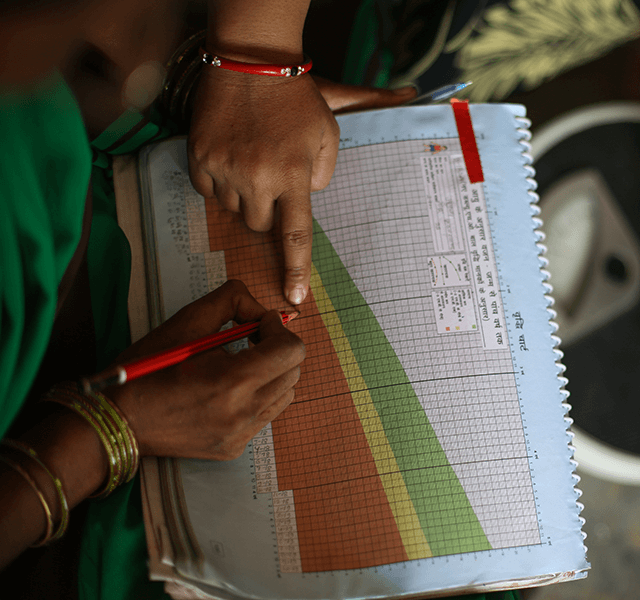

It has been more than two years of handling the Covid pandemic; the first year of the outbreak precipitated into a very unknown sphere of crisis in the health care systems and services. The second year did bring the threat of variant-induced waves; however, we were better prepared to handle the pandemic and to mitigate its impact, while maintaining a certain degree of normalcy.
We, at India Health Action Trust (IHAT), continued to provide the pivotal support to the state governments responding to the pandemic, including resumption of services pertaining to HIV prevention, control and treatment and Reproductive, Maternal, Newborn and Child Health and Nutrition (RMNCH+N).
The year 2021 marked important milestones for IHAT. Project MANCH, aimed at improving MNCH outcomes in the tribal areas of Madhya Pradesh, was established and work was initiated in Shahdol, Madhya Pradesh. Exemplars’ Study was initiated in partnership with University of Manitoba, National Health Systems Resource Center and International Institute for Population Sciences, to systematically and comprehensively document and research positive public health in achieving significant reductions in maternal and neonatal mortality in the last two decades in India, nationally and sub-nationally. Further, IHAT was awarded the State Tuberculosis Technical Support Unit by the Government of Uttar Pradesh.
The Karnataka and Delhi, Technical Support Units, supported the respective state governments/State AIDS Control Societies in assuring the uninterrupted supply of HIV prevention, treatment and care services to the Key Population. The Uttar Pradesh Technical Support Unit continued to support the Government of Uttar Pradesh in strengthening RMNCH and Nutrition programs. The National Family Health Survey 2020-21 (NFHS-5) data for Uttar Pradesh showcases an encouraging improvement in RMNCH+N indicators from NFHS -4 (2015-16). These encouraging results boost our morale and propel us to think big and forge towards our mission of meaningfully impacting the lives of vulnerable and marginalised people by addressing health and social inequities.
This has been possible because of the immense trust that our stakeholders and funders have laid on us. We are also grateful to the national and the state governments, with whom we work advertently, for their unwavering support through the year. The frontline workers, nurses, doctors, specialists and the community who have been the focus of our programs, have made remarkable contribution in driving change in the public health arena. We have tried our best to equip them with the necessary knowledge, skills and attitude to overcome the day-to-day challenges they face, recognize their latent potential and leverage the opportunities in the process. We are thankful to everyone who have directly or indirectly given a momentum to our mission.
Shajy Isac
Managing Trustee